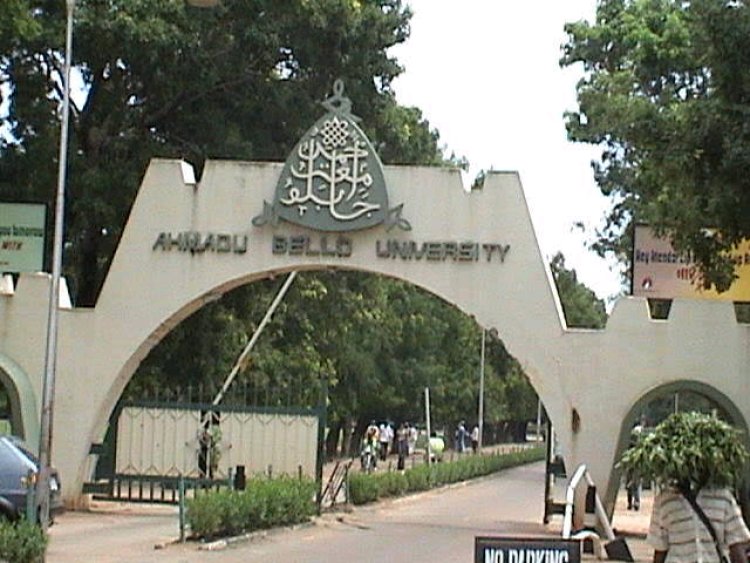ABU Conference: ICPC Chair Declares Corruption Major Barrier to Nigeria’s Progress
He revealed that in 2023 alone, approximately 87 million bribes totaling N700 billion were paid, with rural areas experiencing a higher frequency of bribes than urban centers.

Corruption remains a major obstacle to Nigeria's development, undermining public trust, the rule of law, and economic progress, according to Dr. Musa Adamu Aliyu, Chairman of the Independent Corrupt Practices and Other Related Offences Commission (ICPC). Speaking at the International Law Conference organized by the Faculty of Law, Ahmadu Bello University (ABU), Zaria, Aliyu emphasized the need for a comprehensive approach to tackle corruption, which he described as both a legal and social issue.
Aliyu, a Senior Advocate of Nigeria (SAN), highlighted findings from a 2023 Nigeria Bureau of Statistics survey, ranking corruption as the fourth most critical issue in the country after the cost of living, insecurity, and unemployment. He revealed that in 2023 alone, approximately 87 million bribes totaling N700 billion were paid, with rural areas experiencing a higher frequency of bribes than urban centers.
Despite these challenges, Aliyu noted progress, citing an increase in the rate of citizens reporting bribe payments to authorities from 3.6% in 2019 to 8.6% in 2023. He also addressed the persistent issue of abuse of office and sexual harassment in Nigeria's public service and tertiary institutions, referencing a 2018 World Bank survey that found about 70% of female graduates reported experiencing sexual harassment.
Aliyu further discussed the importance of human rights, social justice, and the need for continuous education and training within the judiciary to effectively handle cyber-related cases. He concluded by calling for collective efforts, the adoption of innovative technologies, and a commitment to justice to overcome the challenges posed by corruption, digital threats, and environmental issues.





